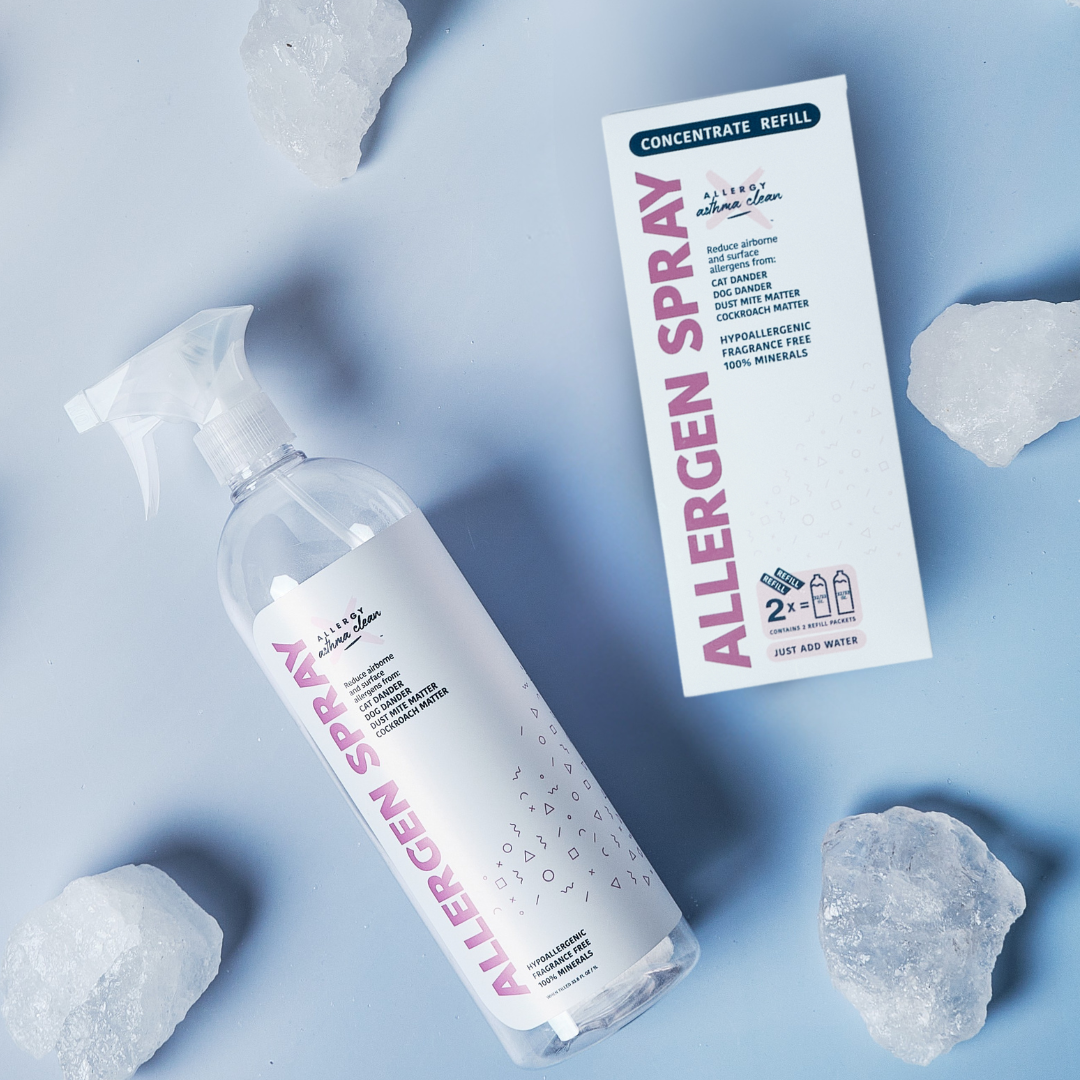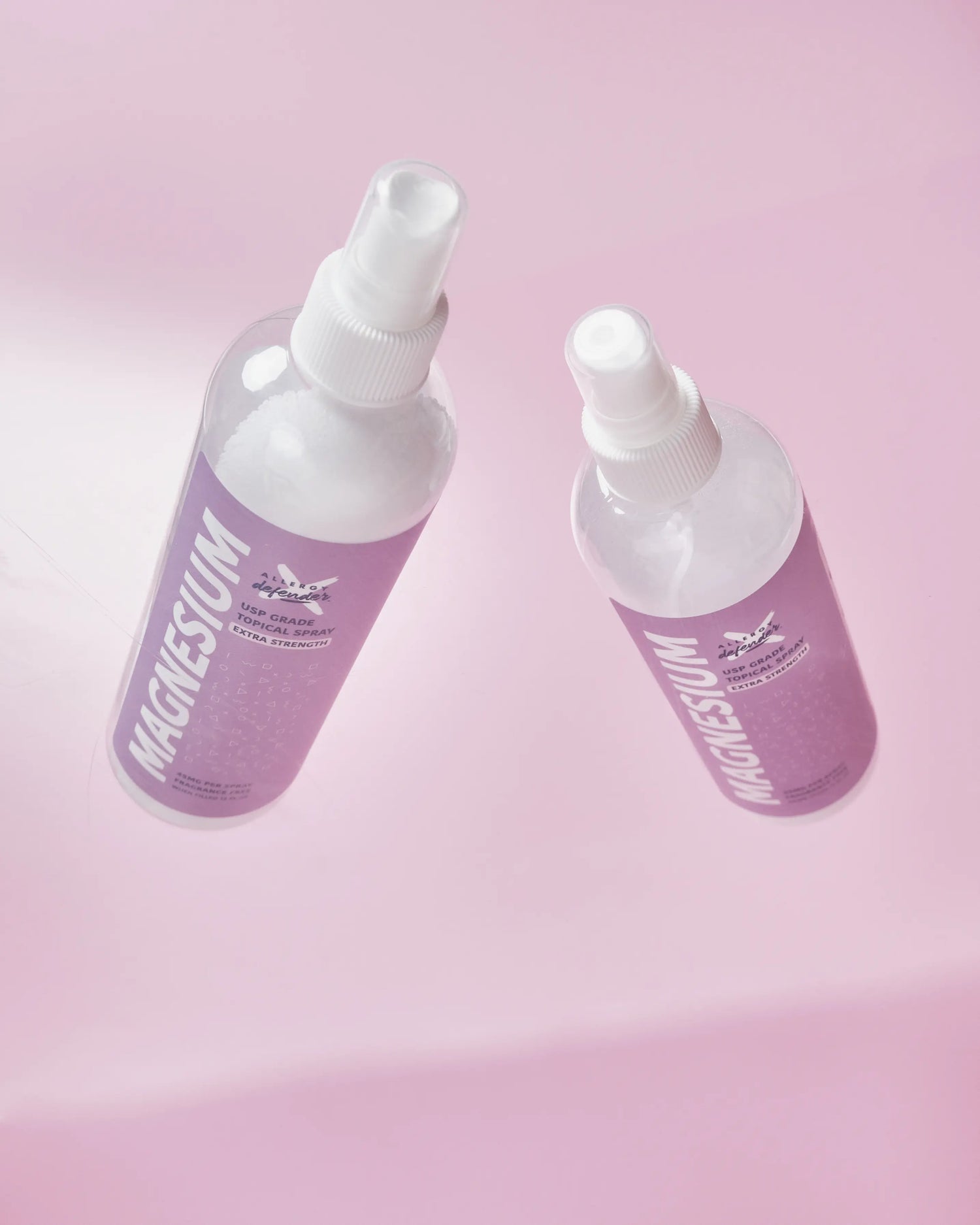Allergy Detergent Guide: Choose the Right Laundry Products for Sensitive Skin
Best Allergy Detergent Guide: Choosing the Right Laundry Products for Sensitive Skin
I've got a red, itchy eyelid, and that redness seems to be spreading to the rest of my face. Uh, oh. I've never had this before! I went to a dermatologist who recommended a cream to take care of the itchiness, and she said if it didn't go away in two weeks, she'd send me to an allergist. Could laundry detergents be bothering me? I tend to sleep on my stomach, and my one eye is constantly in contact with a pillowcase all night. Allergist? I don't think so. It's time to take matters into my own hands and figure out what is the best allergy detergent to use!
For millions of people with sensitive skin and allergies, choosing the right laundry detergent can certainly make the difference between comfort and constant itchiness. Understanding what makes an allergy detergent effective, how to select the best one, and what special steps you might want to take to help you keep your respiratory allergies and skin sensitivities to a minimum.
Signs Your Body Might be Pointing Out You Need a Different Detergent, Maybe an Allergy Detergent
Skin Reactions:
- Itching, especially after wearing freshly laundered clothing
- Redness or the start of a rash: it could be on your hands, feet, anywhere
- Hives or welts
- Dry, flaky skin
- Eczema flare-ups
- Contact dermatitis (you've touched something, and your skin is red or itchy all the time)
Respiratory Symptoms:
- Sneezing when handling freshly laundered clothing, sheets, and more
- Coughing near freshly cleaned fabrics
- Difficulty breathing
- Your asthma is being set off by something you haven't been able to figure out
- Sinus irritation
Common Irritants in Laundry Detergents That Might Give You Allergies
Chemical Additives
Many ordinary detergents include:
- Artificial fragrances (to make your clothes smell fresher)
- Optical brighteners (help to make whites appear brighter)
- Phosphates (helps clean clothes)
- Chlorine (helps make clothes brighter and helps remove some stains)
- Formaldehyde (used as a preservative)
- Synthetic dyes
Hidden Allergens
Be aware of hidden ingredients that could bring about an allergic reaction:
- Enzymes (used to break down difficult stains)
- Natural fragrances
- Essential oils
- Fabric softening agents (to make clothes feel softer)
- Preservatives
- Binding agents (to make detergent bind together in the washer)
So, Just What Makes an Allergy Detergent Safe to Use?
Actual allergy-friendly detergents mostly feature the following:
- Free from artificial dyes or colorants
- Free from added fragrances
- No harsh chemical preservatives
- Plant-based cleaning agents
- Minimal ingredients list
- Free from common irritants like methylisothiazolinone -try saying this word fast 10 times :) Methylisothiazolinone is a preservative that helps fight against fungi, yeasts, and bacteria.
Okay, you've got your allergy detergent down, right? What's the best way to make sure this detergent works the way you need it to, which is to reduce allergic reactions?
Best Practices for Allergy-Safe Laundry
Washing Techniques
Follow these steps for the best results:
- Run an extra rinse cycle (I always forget this!)
- Avoid overloading the washer
- Use appropriate water temperature
- Measure detergent carefully
- Clean your washing machine regularly (yes, you should, even though it seems off the wall. Search "how to" online for your specific washing machine brand.)
Storage and Handling
Maintain allergy-safe practices:
- Store detergent in sealed containers
- Keep laundry area well-ventilated
- Use protective gloves if you are skin-sensitive
- Clean spills immediately, which can also help keep your machine clean
- Monitor expiration dates of detergents (yes, it's a thing!)
Special Considerations
Babies have sensitive skin, so use extra precautions when washing infant laundry:
- Use specifically formulated baby detergents
- Wash baby items separately
- Avoid fabric softeners
- Double-rinse all items
- Check for residue. Here's how: Babies vomit and poop sometimes at the same time! How do you make sure those itchy items are not still on those freshly laundered baby clothes? Check the seams on all clothing. If you feel any stickiness, grunge or stiffness, it hasn't been all washed out. To avoid that in the future, rinse the clothing out in the sink to get it all off before laundering.
Did You Know Your Athletic Wear Needs Special Care?
- Use fragrance-free sports detergents- (yes, this is really a thing!)
- Avoid heat damage in the dryer
- Air dry when possible
- Clean promptly after use
- Avoid fabric softeners
Believe it or Not, There is an Environmental Benefit to Using Allergy Safe Detergents
- Biodegradable formulas
- Minimal packaging
- Plant-based ingredients
- Sustainable manufacturing
- Reduced chemical runoff
Cost-Effective Solutions
Make Your Detergent Last
Stretch your cash:
- Use correct dosage
- Consider water hardness and adjust according
- Pre-treat stains
- Maintain proper storage. In other words, don't let your detergent sit in water or in a place where it can get dirty
- Monitor washing machine efficiency
I think I'll switch to a different laundry detergent, add an extra rinse cycle, clean my washing machine, and see if that doesn't remove my itchy red eyelids.
The winner: The best allergy-friendly laundry detergent we've found, made with minimal ingredients and entirely mineral-based: https://mollyssuds.com/products/original-laundry-detergent-powder
By the way, if you have indoor allergies, Allergen Spray is a natural, non-toxic spray that works! People love it. It's highly rated. Buy a bottle today. Allergen Spray



